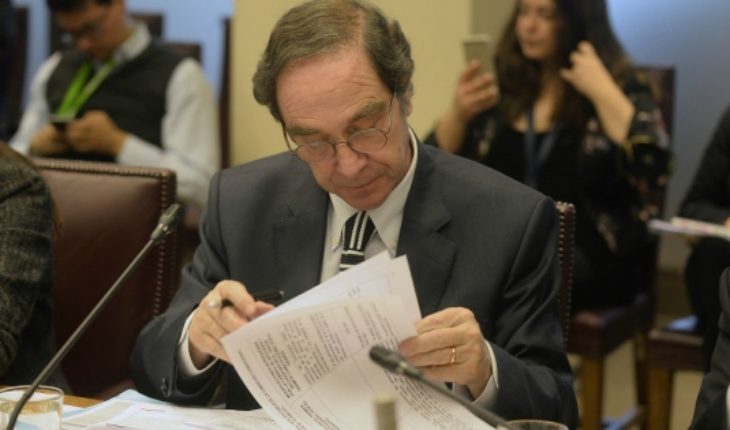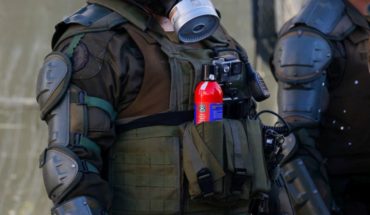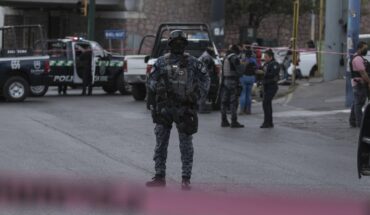before the senators and deputies that make up mixed qu Commission e analyzes the project which regulates probation, the Government unveiled its proposal that ultimately opens the door of the legal path for those convicted of human rights violations from accessing probation.
Should be recalled that in the Chamber of Deputies, the parliamentarians entered an indication which establishes that “persons convicted of offences covered by the law N ° 20.537 not them may be granted the benefit of parole”. The drafting also requires that the punishable acts must have occurred between 11 September 1973 and 10 March 1990, precisely during the military dictatorship, and that the authors should have acted as “agents of the State”, among others.
Before the Joint Committee, the Government proposed to correct this point introduced in the Chamber, leaving mandated that those convicted of the 20.537 law “may apply for this benefit when they have served two-thirds of the sentence”, throwing hand to an argument that follows the line of the “Supreme” approved conditional freedoms of oppressors of Punta Peuco based on the Rome Statute.
“We are making an alternative proposal (…) the international law of human rights establishes that it is possible to grant probation under certain circumstances. The Rome Statute gives possibility of reduction of sentences and that is much more demanding than deliver a benefit as probation. “If set with two-thirds (of accomplished condemnation), under certain conditions, with greater reason we think that it is possible to grant the benefit of conditional release to persons convicted of crimes against humanity even under circumstances”, said the Minister of Justicia Hernán Larraín.
According to the Chairman of the Joint Committee, DC Francisco Huenchumilla, in the coming ten days must resolve definitively the project, although he admitted that precisely the critical point of this discussion is the “scope of application with respect to the crimes of lesa humanity and the temporal scope that it would cover”. It should be recalled that the parliamentary instance was detained for more than one year and a half, and was revived a few weeks ago after the controversy arose for conditional freedom granted by the Criminal Chamber of the Supreme Court condemned for human rights violations.
“Equality before the law” according to the presentation made by Sebastián Valenzuela, head of the Legal Division of the Ministry of Justice to the Mixed Commission, so the former oppressors to access the benefit, must be some factors, among which It is said “the deterioration of their State of physical or mental health or advanced age”.
Other criteria taken into account for granting the benefit is if the “sentenced said from the outset and on an ongoing basis its willingness to cooperate with the investigation”, as a spontaneous confession; or like when “accredited by any suitable means which has provided serious and effective background of which they are aware in other criminal cases”.
According to the Minister of Justice, these are all “objective” considerations and thus figures do not include as repentance by be regarded subjectively. “Proposed by the Chamber raises a problem of equality before the law. For example, a police officer or agent of the DINA had committed a single murder, would have no right to parole. But a particular anyone who had committed rape with homicide Yes would have that benefit,”concluded the Minister.
translated from Spanish: Probation: the proposal of the Government of Piñera in favor of those convicted of human rights
August 14, 2018 |





